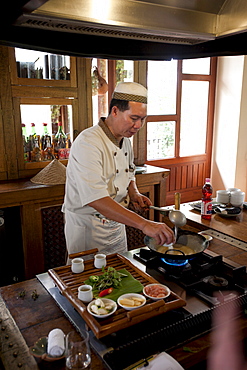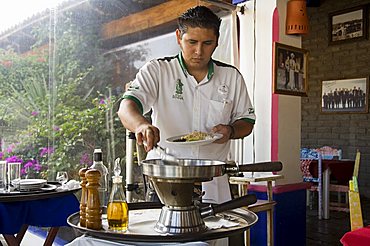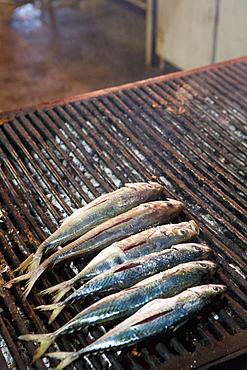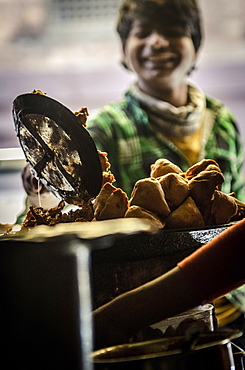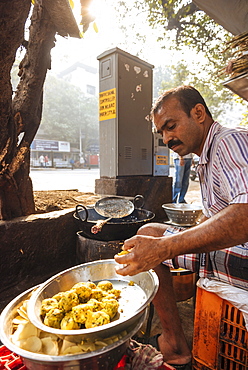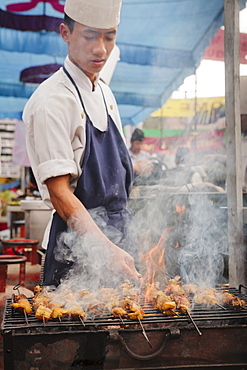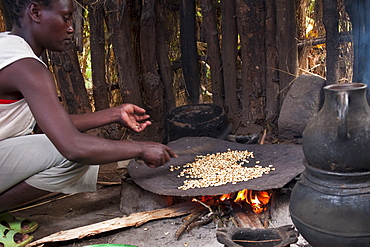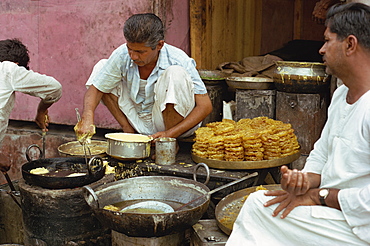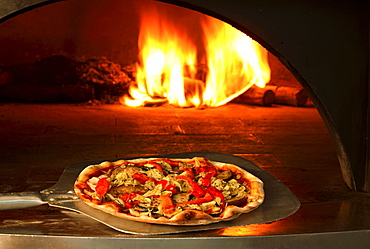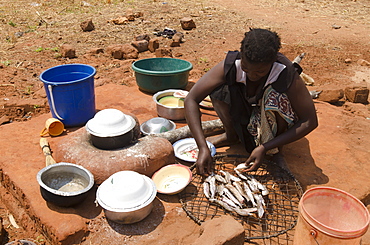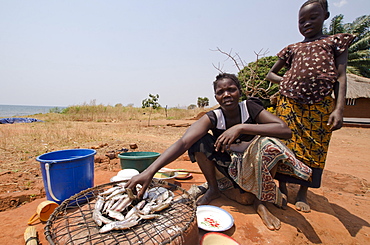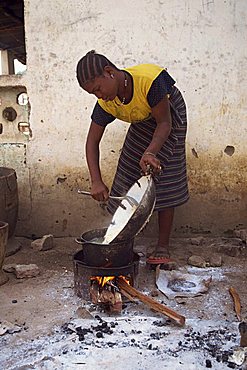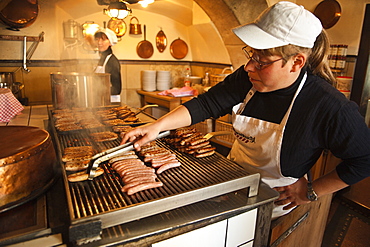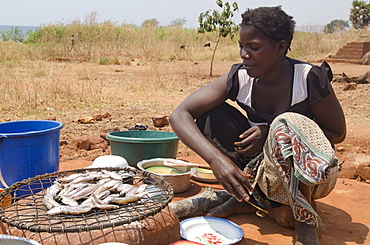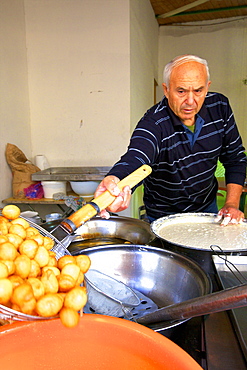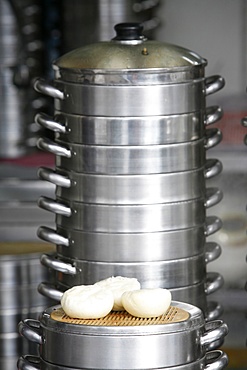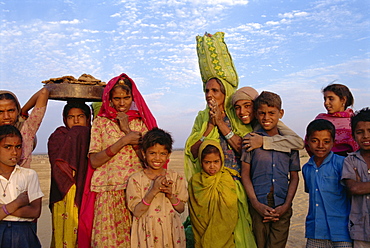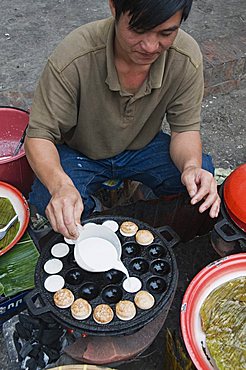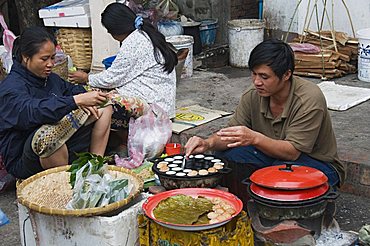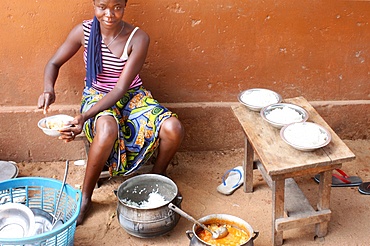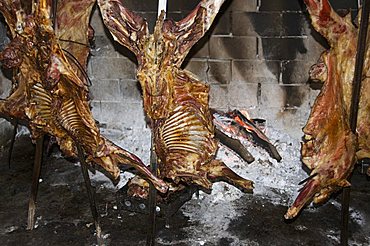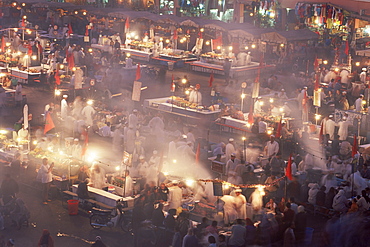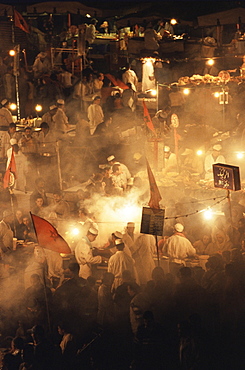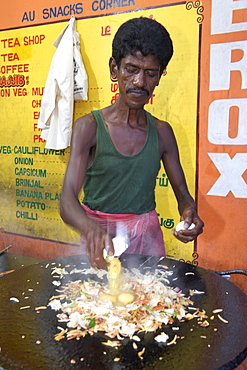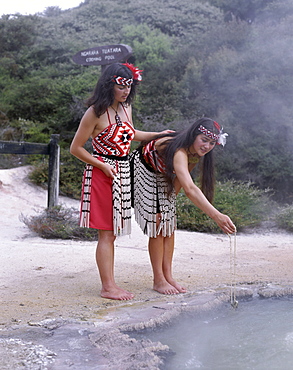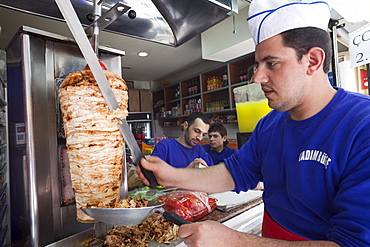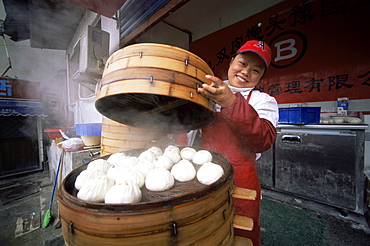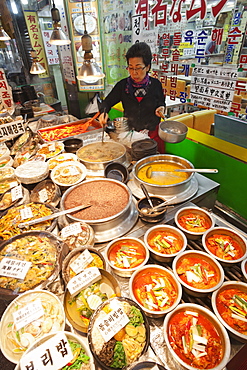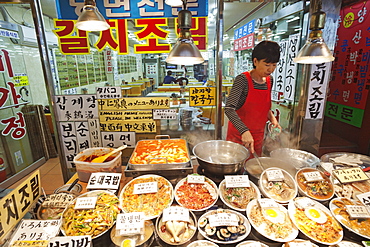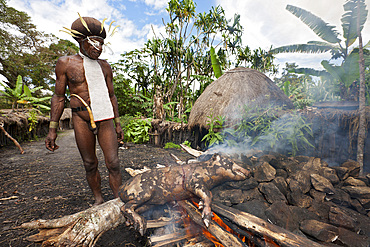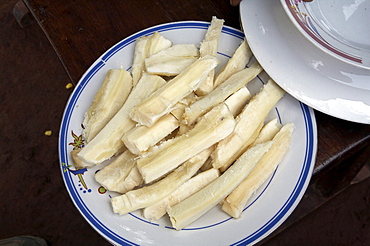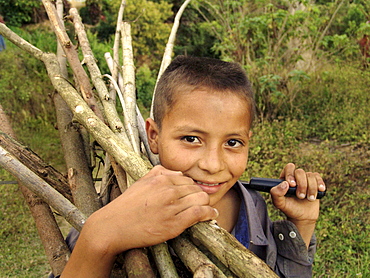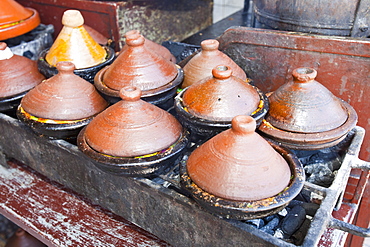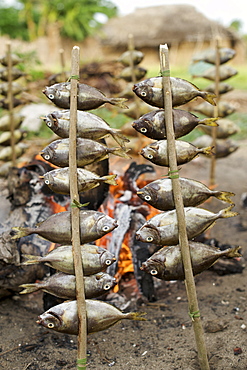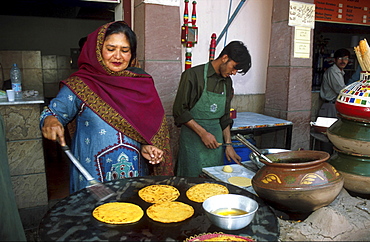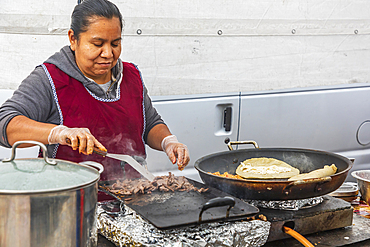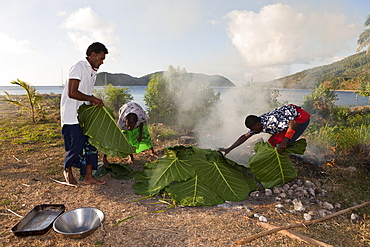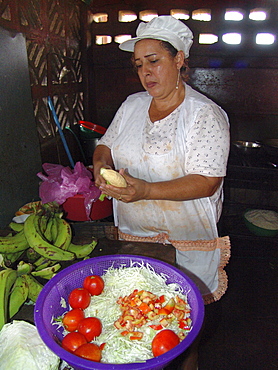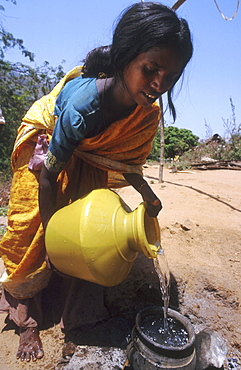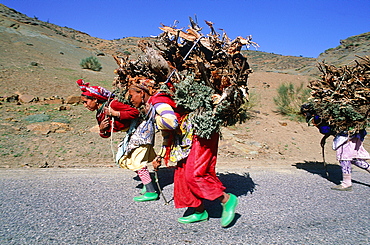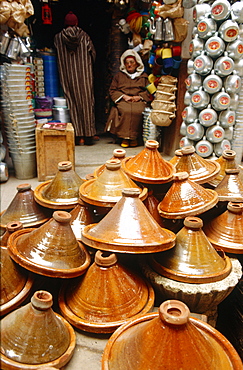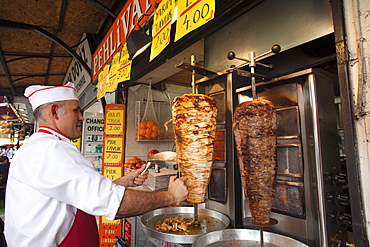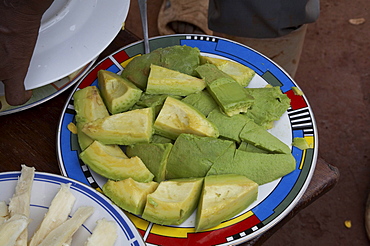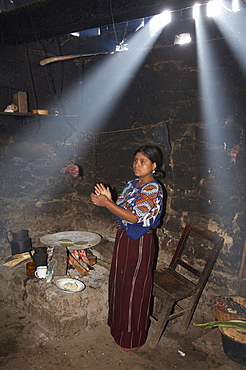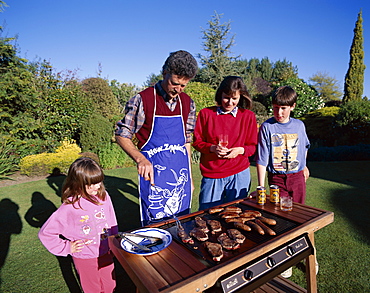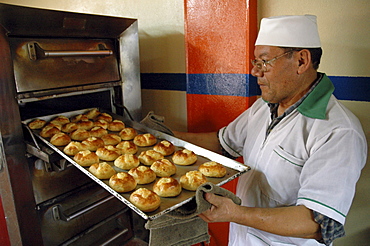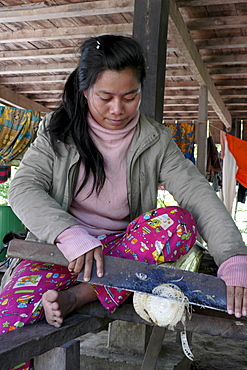Results
« Previous 1 … 4 5 6
515 results found
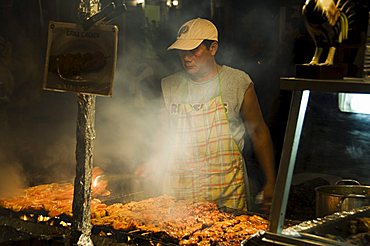
Goombay Festival in Bahama Village, Petronia Street, Key West, Florida, United States of America, North America
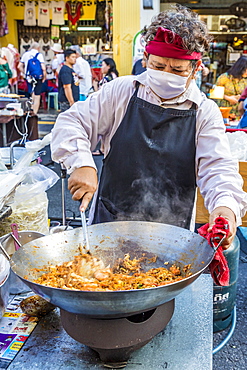
A seafood noodle stall at the famous Walking Street night market in Phuket old Town, Phuket, Thailand, Southeast Asia, Asia
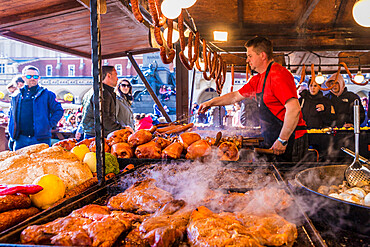
A market stall in the main square, Rynek Glowny, in the medieval old town, UNESCO World Heritage Site, Krakow, Poland, Europe
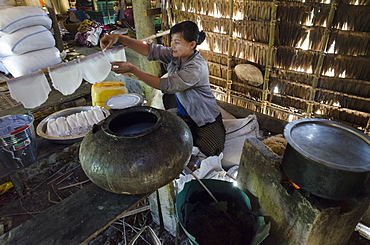
Young woman peparing rice noodles at home, Yae Saing Kone village, Irrawaddy Delta, Myanmar (Burma), Asia
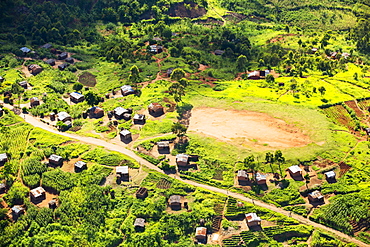
Looking down on deforested forest slopes from the air, being replaced by farmland for subsistence agriculture in Malawi. The country is suffering rapid deforestation, to provide both land for farming, and for making charcoal, the main cooking fuel in Malawi.
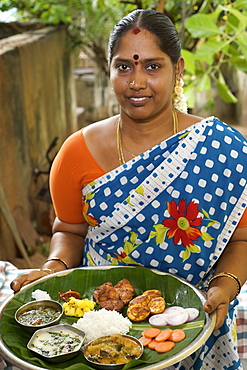
Mrs Vijayalakshmi Neelakandan with complete meal in a thali covered with a banana leaf with all the dishes - rasam, pickles, salad, seasoned yogurt, rice, meat stew, potatoes, salt, fried fish, curried eggs.
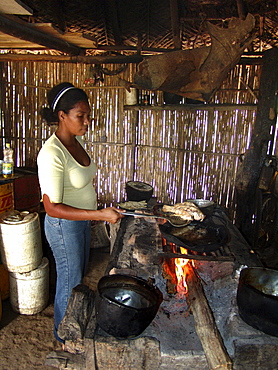
Colombia jasmine abufe grilling fish on a woodstove in her house beside the rio magdalena, barrancabermeja

Woman carrying wood to be used as fuel for cooking by Nepalese locals living in the Annapurna Himalayas, Nepal, Asia
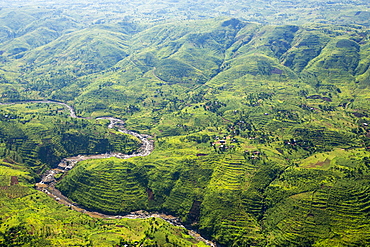
Looking down on deforested forest slopes from the air, being replaced by farmland for subsistence agriculture in Malawi. The country is suffering rapid deforestation, to provide both land for farming, and for making charcoal, the main cooking fuel in malawi.

Malawi is one of the poorest countries in the world, it has been heavily deforested. The deforestation has been to clear land for an expanding population to have access to land to grow subsistence crops and also to make charcoal, which is the main cooking fuel in Malawi. This shot shows men working barefoot and moving massive tree trunks by hand in a logging camp on the Zomba Plateau.

Looking down on deforested forest slopes from the air, being replaced by farmland for subsistence agriculture in Malawi. The country is suffering rapid deforestation, to provide both land for farming, and for making charcoal, the main cooking fuel in Malawi.
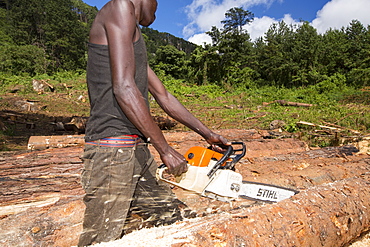
Malawi is one of the poorest countries in the world, it has been heavily deforested. The deforestation has been to clear land for an expanding population to have access to land to grow subsistence crops and also to make charcoal, which is the main cooking fuel in Malawi. This shot shows a logging camp on the Zomba Plateau.
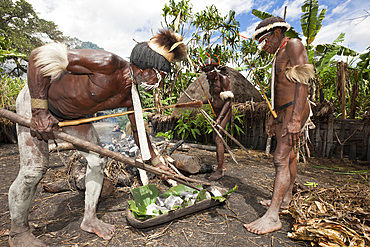
Dani tribesmen heat stones in fire for earth oven, Baliem Valley, West Papua, Indonesia, Southeast Asia, Asia
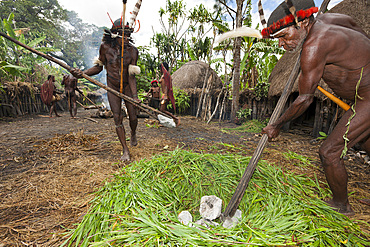
Dani tribesmen heat stones in fire for earth oven, Baliem Valley, West Papua, Indonesia, Southeast Asia, Asia
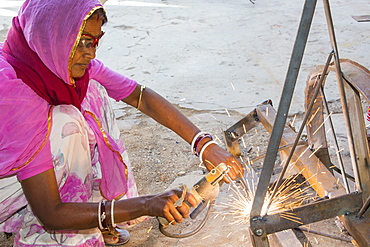
Women welding joints during the construction of solar cookers at the Barefoot College in Tilonia, Rajasthan, India. The Barefoot College is a worldwide charity, founded by Bunker Roy, its aims are, education, drinking water, electrification through solar power, skill development, health, women empowerment and the upliftment of rural people. Solar cookers save women having to walk to the froest to cut down wood for cooking, thus saving the forests, and a daily chore for woman.
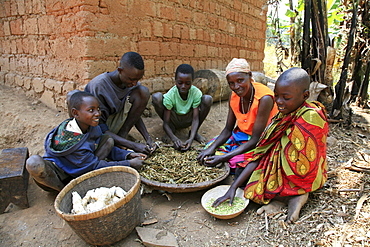
Burundi nduwamahoro, active non,violence peace building project, supported by sciaf. In the home of grandmother ntezahorigwa pelagie, 60. The family preparing food: taking beans from their pods, cleaning peas and peeling cassava, their staple diet.
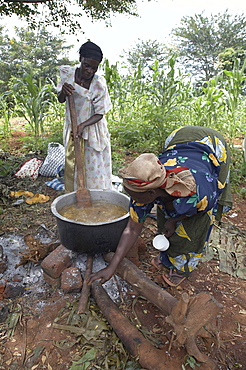
Uganda cooking matoke, steamed bananas, the staple diet, on a large open fire for a feast day. kangulumira, kayunga district
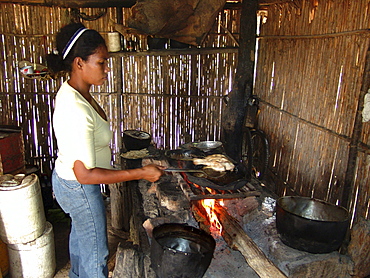
Colombia jasmine abufe grilling fish on a woodstove in her house beside the rio magdalena, barrancabermeja
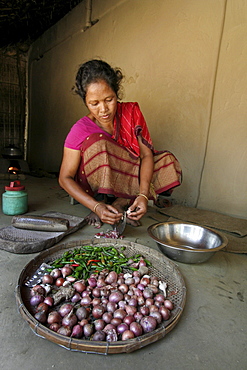
Bangladesh alpona ritchil, a woman of the garo tribal minority chops onions and garlic, ready for cooking, haluaghat, mymensingh region
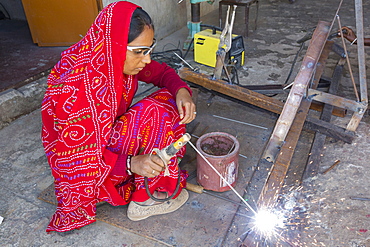
Women welding joints during the construction of solar cookers at the Barefoot College in Tilonia, Rajasthan, India. The Barefoot College is a worldwide charity, founded by Bunker Roy, its aims are, education, drinking water, electrification through solar power, skill development, health, women empowerment and the upliftment of rural people. Solar cookers save women having to walk to the froest to cut down wood for cooking, thus saving the forests, and a daily chore for woman.
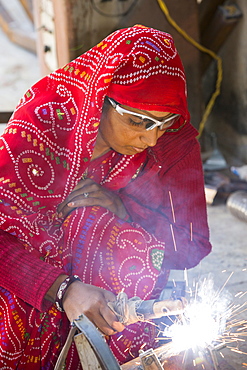
Women welding joints during the construction of solar cookers at the Barefoot College in Tilonia, Rajasthan, India. The Barefoot College is a worldwide charity, founded by Bunker Roy, its aims are, education, drinking water, electrification through solar power, skill development, health, women empowerment and the upliftment of rural people. Solar cookers save women having to walk to the froest to cut down wood for cooking, thus saving the forests, and a daily chore for woman.
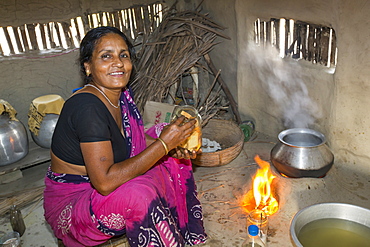
A villager woman in a remote subsistence farming village on an island in the Sunderbans, the Ganges Delta in Eastern India that is very vulnerable to sea level rise. She is cooking on a traditional clay oven, fuelled by biofuel (rice stalks), low carbon cooking.
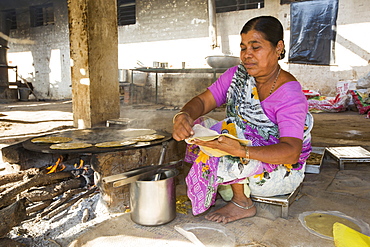
The Muni Seva Ashram in Goraj, near Vadodara, India, is a tranquil haven of humanitarian care. The Ashram is hugely sustainable, next year it will be completely carbon neutral. Its first solar panels were installed in 1984, long before climate change was on anyones agenda. Their energy is provided from solar panels, and wood grown on the estate. Waste food and animal manure is turned inot biogas to run the estates cars and also used for cooking. Solar cookers are also used, and the air conditioning for the hospital is solar run. 70 % of the food used is grown on the estate. They provide an orphanage, schools for all ages, vocational training, care for the elderly, a specialist cancer hospital withstate of the art machinary, and even have a solar crematorium. This shot shows a cook preparing chapatis on a biofuel stove.
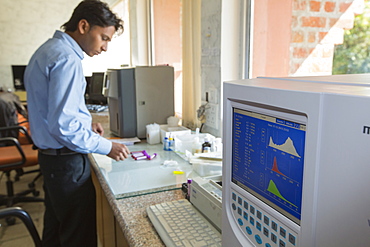
The Muni Seva Ashram in Goraj, near Vadodara, India, is a tranquil haven of humanitarian care. The Ashram is hugely sustainable, next year it will be completely carbon neutral. Its first solar panels were installed in 1984, long before climate change was on anyones agenda. Their energy is provided from solar panels, and wood grown on the estate. Waste food and animal manure is turned inot biogas to run the estates cars and also used for cooking. Solar cookers are also used, and the air conditioning for the hospital is solar run. 70 % of the food used is grown on the estate. They provide an orphanage, schools for all ages, vocational training, care for the elderly, a specialist cancer hospital withstate of the art machinary, and even have a solar crematorium. This shot shows a Hematology Analyzer for analyzing blood in one of the labs in the specialist cancer hospital.
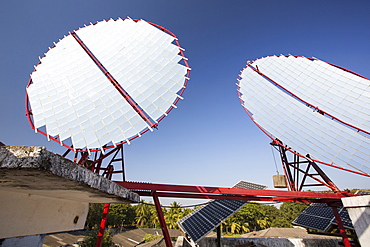
The Muni Seva Ashram in Goraj, near Vadodara, India, is a tranquil haven of humanitarian care. The Ashram is hugely sustainable, next year it will be completely carbon neutral. Its first solar panels were installed in 1984, long before climate change was on anyones agenda. Their energy is provided from solar panels, and wood grown on the estate. Waste food and animal manure is turned inot biogas to run the estates cars and also used for cooking. Solar cookers are also used, and the air conditioning for the hospital is solar run. 70 % of the food used is grown on the estate. They provide an orphanage, schools for all ages, vocational training, care for the elderly, a specialist cancer hospital withstate of the art machinary, and even have a solar crematorium. This shot shows solar panels that focus the suns rays on heat exchangers to boil oil, which is then sent down to the kitchens below to heat the cookers.
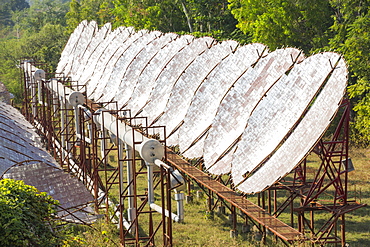
The Muni Seva Ashram in Goraj, near Vadodara, India, is a tranquil haven of humanitarian care. The Ashram is hugely sustainable, next year it will be completely carbon neutral. Its first solar panels were installed in 1984, long before climate change was on anyones agenda. Their energy is provided from solar panels, and wood grown on the estate. Waste food and animal manure is turned inot biogas to run the estates cars and also used for cooking. Solar cookers are also used, and the air conditioning for the hospital is solar run. 70 % of the food used is grown on the estate. They provide an orphanage, schools for all ages, vocational training, care for the elderly, a specialist cancer hospital withstate of the art machinary, and even have a solar crematorium. This shot shows the solar air conditioning for the Ashram's hospital.
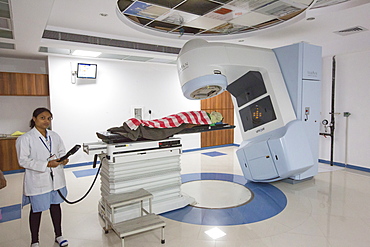
The Muni Seva Ashram in Goraj, near Vadodara, India, is a tranquil haven of humanitarian care. The Ashram is hugely sustainable, next year it will be completely carbon neutral. Its first solar panels were installed in 1984, long before climate change was on anyones agenda. Their energy is provided from solar panels, and wood grown on the estate. Waste food and animal manure is turned inot biogas to run the estates cars and also used for cooking. Solar cookers are also used, and the air conditioning for the hospital is solar run. 70 % of the food used is grown on the estate. They provide an orphanage, schools for all ages, vocational training, care for the elderly, a specialist cancer hospital withstate of the art machinary, and even have a solar crematorium. This shot shows a Varian nuclear proton therapy machine in the specialist cancer hospital.
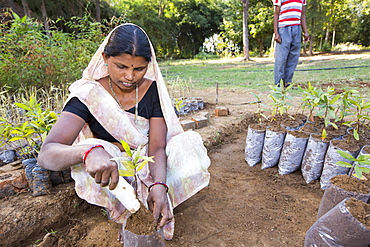
The Muni Seva Ashram in Goraj, near Vadodara, India, is a tranquil haven of humanitarian care. The Ashram is hugely sustainable, next year it will be completely carbon neutral. Its first solar panels were installed in 1984, long before climate change was on anyones agenda. Their energy is provided from solar panels, and wood grown on the estate. Waste food and animal manure is turned inot biogas to run the estates cars and also used for cooking. Solar cookers are also used, and the air conditioning for the hospital is solar run. 70 % of the food used is grown on the estate. They provide an orphanage, schools for all ages, vocational training, care for the elderly, a specialist cancer hospital withstate of the art machinary, and even have a solar crematorium. This shot shows a woman planting trees for onward growth in the Ashrams forests.

The Muni Seva Ashram in Goraj, near Vadodara, India, is a tranquil haven of humanitarian care. The Ashram is hugely sustainable, next year it will be completely carbon neutral. Its first solar panels were installed in 1984, long before climate change was on anyones agenda. Their energy is provided from solar panels, and wood grown on the estate. Waste food and animal manure is turned inot biogas to run the estates cars and also used for cooking. Solar cookers are also used, and the air conditioning for the hospital is solar run. 70 % of the food used is grown on the estate. They provide an orphanage, schools for all ages, vocational training, care for the elderly, a specialist cancer hospital withstate of the art machinary, and even have a solar crematorium. This shot shows the girls school.
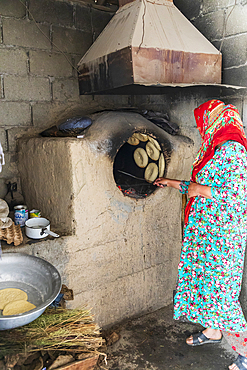
Margib, Sughd Province, Tajikistan. August 15, 2021. Baking flat bread in a wood fired oven. Editorial Use Only
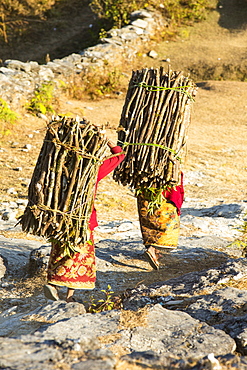
Women carrying wood to be used as fuel for cooking by Nepalese locals living in the Annapurna Himalayas, Nepal, Asia
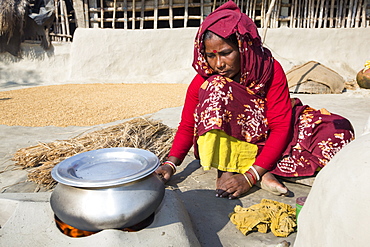
A woman subsistence farmer cooking on a traditional clay oven, using rice stalks as biofuel in the Sunderbans, Ganges, Delta, India. the area is very low lying and vulnerable to sea level rise. All parts of the rice crop are used, and the villagers life is very self sufficient, with a tiny carbon footprint.
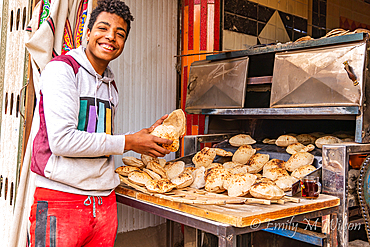
Manshiyat Naser, Garbage City, Cairo, Egypt. February 14, 2022. Young man selling fresh pita bread, known as aish, in Manshiyat Naser, Garbage City, Cairo.
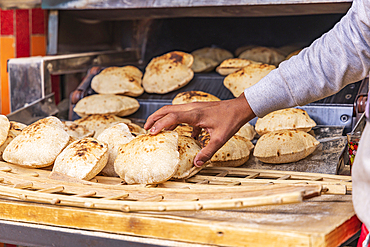
Manshiyat Naser, Garbage City, Cairo, Egypt. Baker making fresh pita bread, known as aish, in Manshiyat Naser, Garbage City, Cairo.
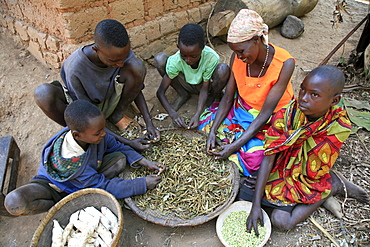
Burundi nduwamahoro, active non,violence peace building project, supported by sciaf. In the home of grandmother ntezahorigwa pelagie, 60. The family preparing food: taking beans from their pods, cleaning peas and peeling cassava, their staple diet.
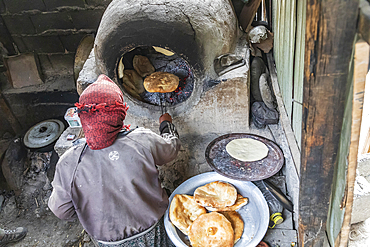
Margib, Sughd Province, Tajikistan. August 15, 2021. Baking flat bread in a traditional wood fired oven. Editorial Use Only
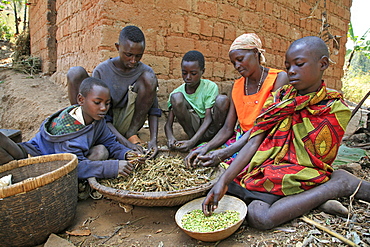
Burundi nduwamahoro, active non,violence peace building project, supported by sciaf. In the home of grandmother ntezahorigwa pelagie, 60. The family preparing food: taking beans from their pods, cleaning peas and peeling cassava, their staple diet.
